Indepth: Islamophobia
April 29, 2016
Reacting with Fear
“Generally when we talk about Islamophobia, we are talking about an emotional and reactive response to Muslims that is not grounded in reality, that is not grounded in fact and that more importantly leads to discriminatory practices and acts,” Dr. Hussein Rashid, professor of religious studies at Barnard College and Hofstra University, as well as founder of Islamicate, which addresses issues affecting Muslims today.
Faizan Syed, executive director of the Council on American-Islamic Relations of Missouri (CAIR-MO), has experienced Islamophobia firsthand. After the F5 tornado hit Joplin, Syed decided to help the relief effort by joining dozens of Muslims from across the region at the Joplin Islamic Center, which served as a staging ground.
“A year later, on the Fourth of July, a man came to that building and threw a molotov cocktail at the building to burn it to the ground,” Syed said. “Then about one month later the entire Islamic
Center was totally burned to the ground in a hate crime attack. This is the first time in U.S. history an Islamic Center was burned in a hate crime arson attack and the first time I experienced Islamophobia.”
The spread of Islamophobia has managed to reach all the way to Chesterfield and threatens Muslim students at MHS who have to face prejudice and discrimination in their everyday lives.
“I’ve definitely heard racial slurs and all of those things,” Tanhita Hilaly, junior, said. “I feel a little self-conscious because people are looking at us differently and are wondering if we have weapons. It’s always in the back of my head.”
Roots of Hate
After 9/11, Media Tenor, a media data research institute, analyzed more than 2.6 million Western news stories from 10 different sources and found that portrayal of Muslims was overwhelmingly negative and continued to worsen, reaching an all-time high of negative coverage in 2014.
Hilaly said she sees the media’s portrayal as one of the main causes of Islamophobia.
“Even with me, I think if I was shown something negative about a religion constantly, naturally I would get some prejudice against them,” she said. “So I think people who are ignorant and don’t
know enough about the religion automatically just get a predisposition about what they are based on the media.”
Often, Hilaly said, the media isn’t portraying the full picture of ISIS’s violence.
“The media only shows Muslims attacking non-Muslims,” Hilaly said. “But most of the ISIS terrorism is happening to their own people, and since we aren’t showing that, it shows that ISIS only hates people who aren’t Muslim. The thing is, ISIS hates everyone.”
Dr. Rashid, agreed that the media is largely at fault due to the media’s constant need to ostracize a specific group of people, with Latinos, blacks, Jews and homosexuals serving as scapegoats in the past.
He said he often sees the media focusing solely on Muslim people who commit acts of terrorism while overlooking other groups, such as white nationalists, who are involved in equally deplorable actions.
“Someone who flies a plane into a building to change political ends is a terrorist whether that is people flying planes into the Twin Towers or people flying planes into IRS buildings because they don’t want to pay their taxes and race has nothing to do with it,” Dr. Rashid said.
Syed also recognized there will be hate for any group, be it religious, ethnic or otherwise, but what sets Islamophobia apart is how prevalent it is in political conversations, where discrimination against other demographics is virtually nonexistent.
“There always has been a multi-million dollar Islamophobia industry whose full-time job is to demonize Islam and Muslims, but only when that industry is now hand in hand with mainstream political candidates does the crisis become more severe,” he said.
Misconceptions
Despite it being the second largest and fastest growing religion in the world, 55 percent of Americans know little or nothing about Islam, according to a survey from Pew Research Center.
For Hilaly, one frustrating misconception is that those committing acts of violence in the name of Islam are doing so in accordance with the faith, which is a blatant misinterpretation of Islam’s core beliefs.
“One major misconception is that the Quran tells us we have to kill people,” she said. “The Quran strictly tells us we cannot kill anyone and it tells us it is sinful even to talk bad about someone.”
Syed said many people don’t understand aspects of Islam, such as jihad or Sharia, until they hear about them in the media, which offers a skewed perception.
In fact, jihad, a word with a negative connotation that can stir fear, simply means “struggle” and can refer to the struggle to grow stronger in faith, or closer to God. Syed also said he sees people overlooking how strong the faith of Muslim people is, and that love for God is the cornerstone of their beliefs.
“There are a lot of misconceptions, but I believe the biggest one is that people don’t look at Muslims as religious people,” Syed said. “If you knew someone who prayed five times a day, fasted during the month of Ramadan and made a pilgrimage to Mecca, at the least you would say they are trying to get closer to their Lord.”
Ultimately, Islam is very similar to other major religions such as Judaism and Christianity.
“Islam is a way of life that is built on the understanding that there is only one God worthy of worship,” Syed said. “He created us, sustains us and provides everything we have. Human beings find peace and comfort in their hearts by remembering God and building a relationship with Him through prayer, fasting, giving to charity and being good to one’s family and humanity.”
A New Dialogue
Zoya Abbassi, junior, founded the Muslim Student Association (MSA) at MHS to combat Islamophobia, which she views as an increasingly pressing matter in society.
“I think it’s real and it’s a problem that is increasing,” Abbassi said. “I think people forget that you should not take a group of people and use them as an accurate representative sample of a whole population.”
Abbassi said she sometimes is called a “terrorist” jokingly, but she doesn’t find it funny and tries to ignore it.
She said she tries to clear up misconceptions about Islam through MSA, which is open to anyone and meets every other Tuesday morning in Room 358 with the next meeting on April 26.
“We really encourage people of all or no faiths to join us and come to the meetings and we try to have our meetings on more spiritual stuff that everyone can kind of relate to,” Abbassi said. “I think if people did their own research and looked into what Islam is really about they would say that what ISIS claims is not entirely accurate and Islam is a peaceful religion.”
Nivi Biju, joined MSA in order to learn about other religious perspectives besides her own faith: Hinduism.
“It’s actually part of my religion as a Hindu because in Hinduism they teach us that we have to treat every religion as equals and it’s the attitude that matters not the path you take,” Biju said.
“We’re taught to appreciate every single religion, so that’s why I joined MSA.”
Education is key to improving relations between Muslims and people of other faiths, something Ali Kazmi, junior, said he believes strongly and hopes to achieve through MSA.
“People are afraid of what they don’t know,” Kazmi said. “So the more people are educated, the more they know, then we can stop the phobias of everything, not just Islamophobia.”
Another way to decrease discrimination is to increase Muslim visibility in American culture, whether that’s through movies, television or celebrities such as musicians embracing and publicizing their faith, Dr. Rashid said.
While it may be difficult to combat Islamophobia, the cost of not fighting to improve the state of Islam relations in America would be detrimental to the country, he said.
“It is very corrosive, not just in the Muslim population but in America more broadly,” Dr. Rashid said. “Where we start from a position of trust and wanting to work together, what you end up with instead is people who distrust one another and are unwilling to help each other, and who see America not as an ideal for all of us to work towards and make better, but as a nation where it is each individual for him or herself fighting against another individual.”
Syed is working to fight Islamophobia in Missouri through CAIR-MO, whose mission is to encourage dialogue, protect civil liberties, enhance understanding of Islam and promote justice, something everyone can work to achieve individually.
“My advice is to educate yourself about what Islam is and who Muslims are and then when you see injustice to speak out against it, whether it’s in public, online, in politics or wherever,” Syed said.
“Do your part and we will make a better world.”



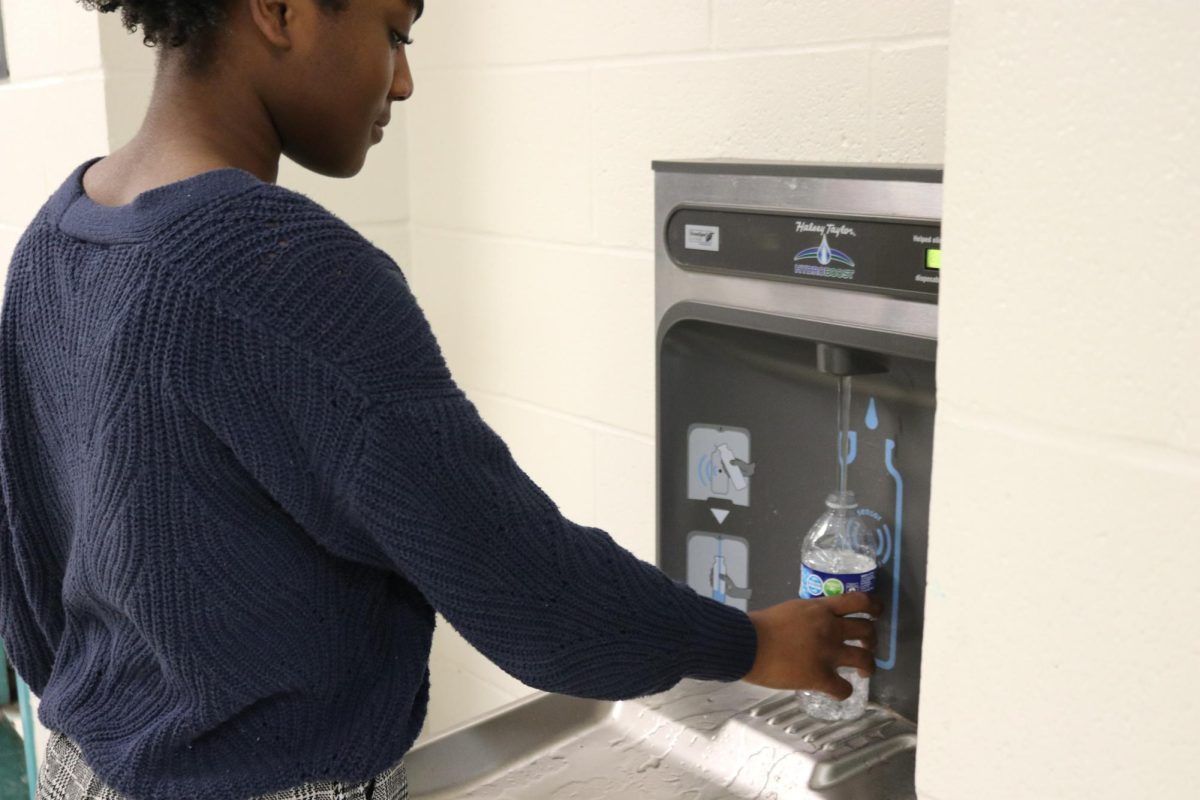
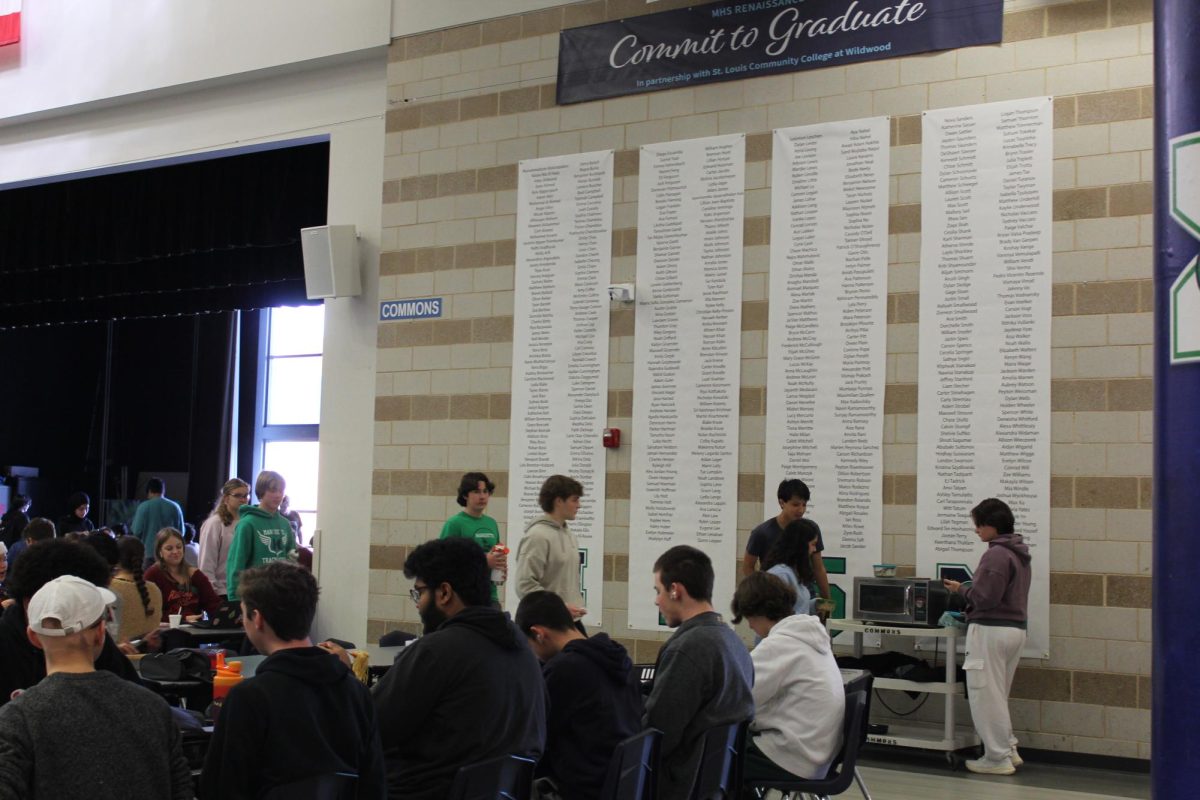
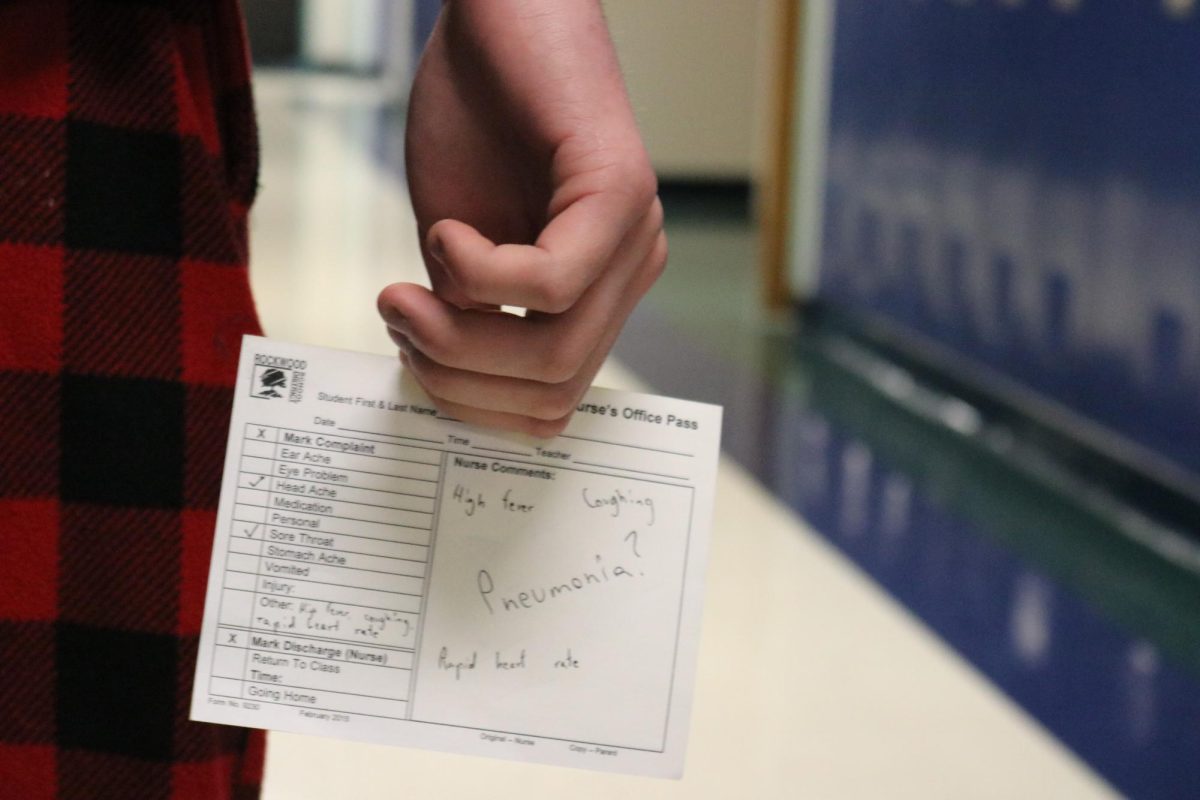

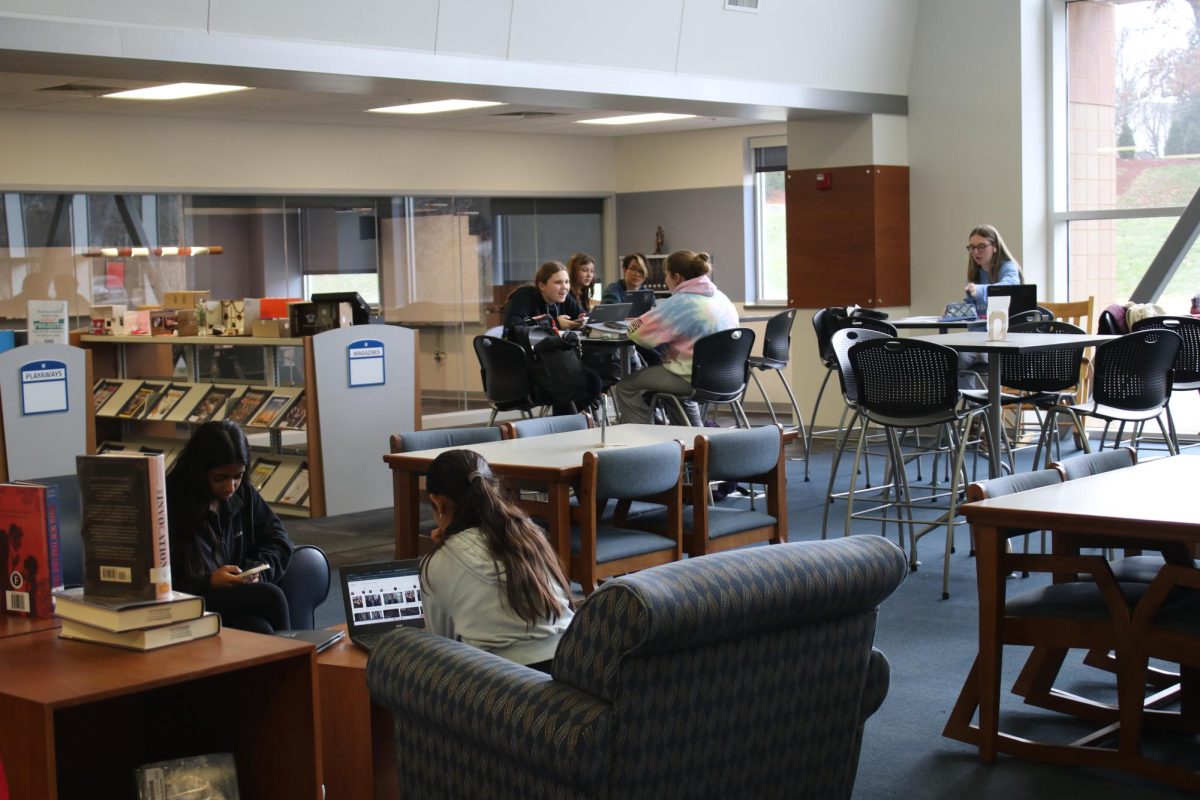

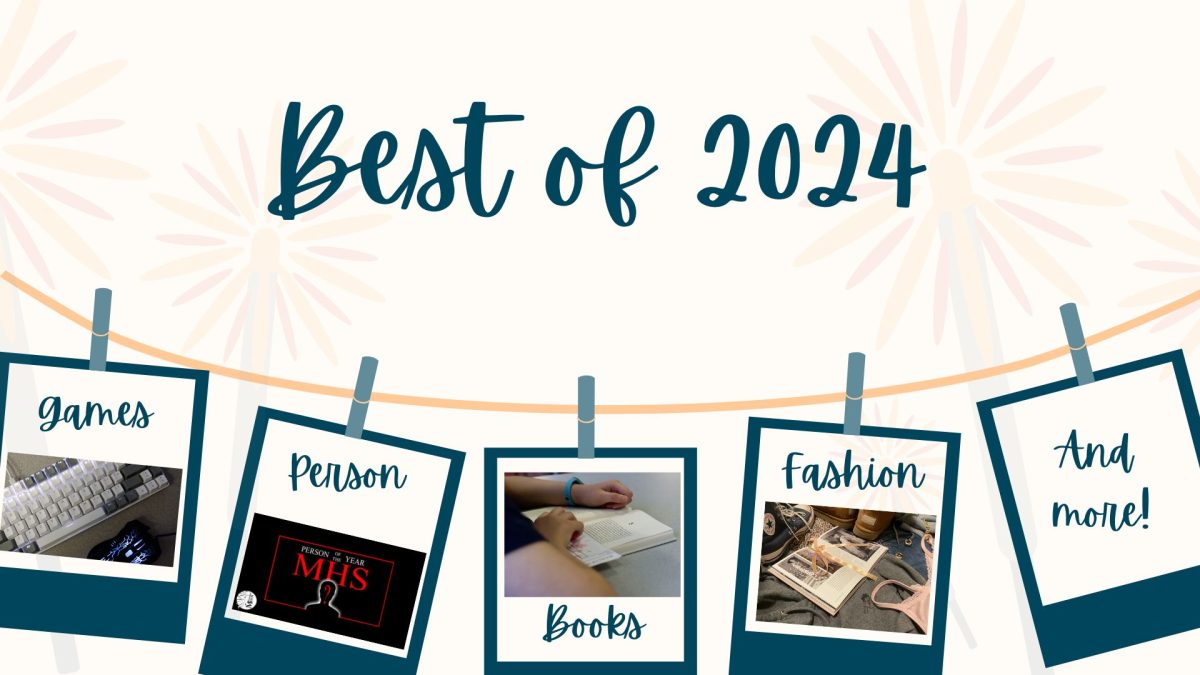
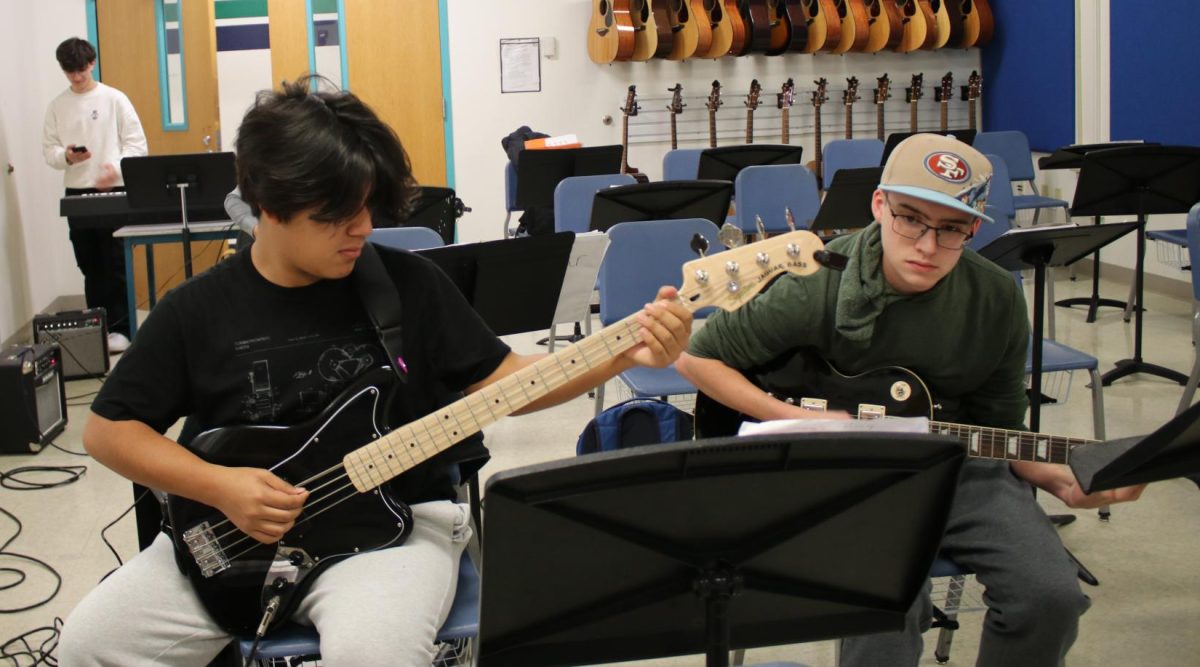

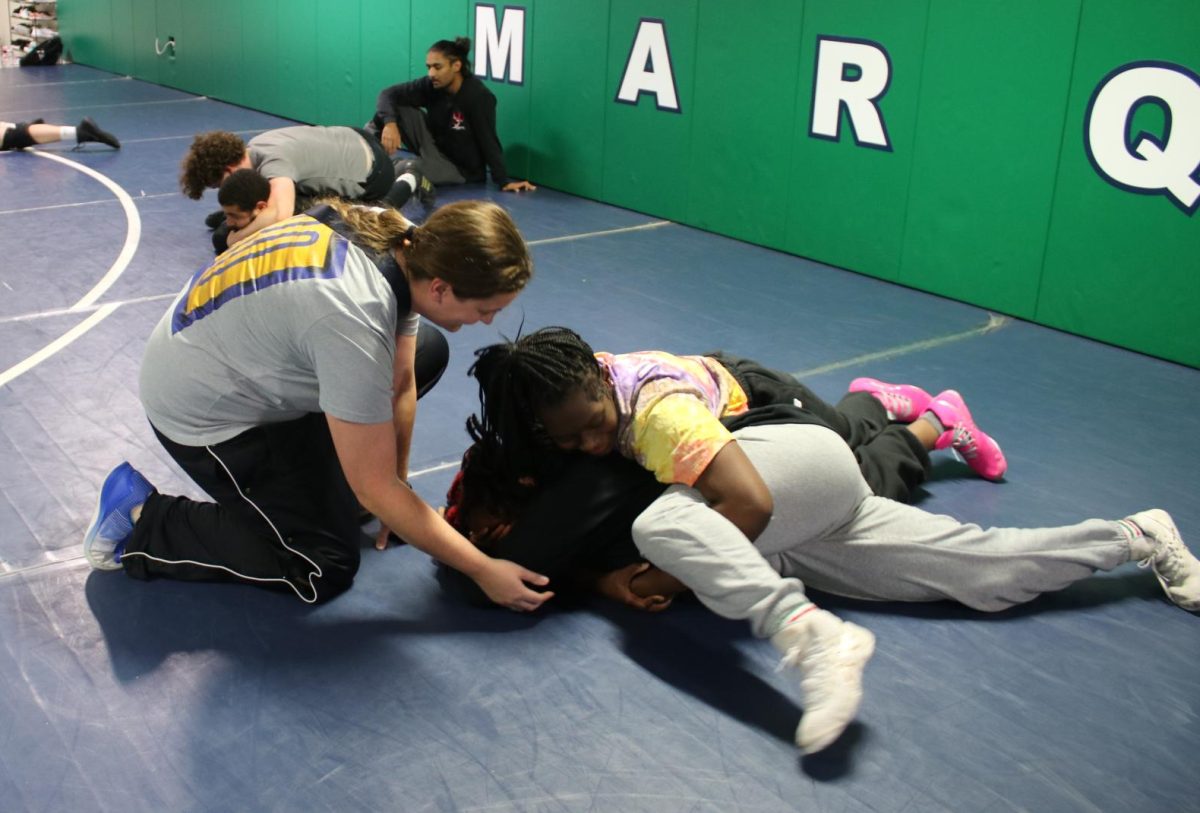
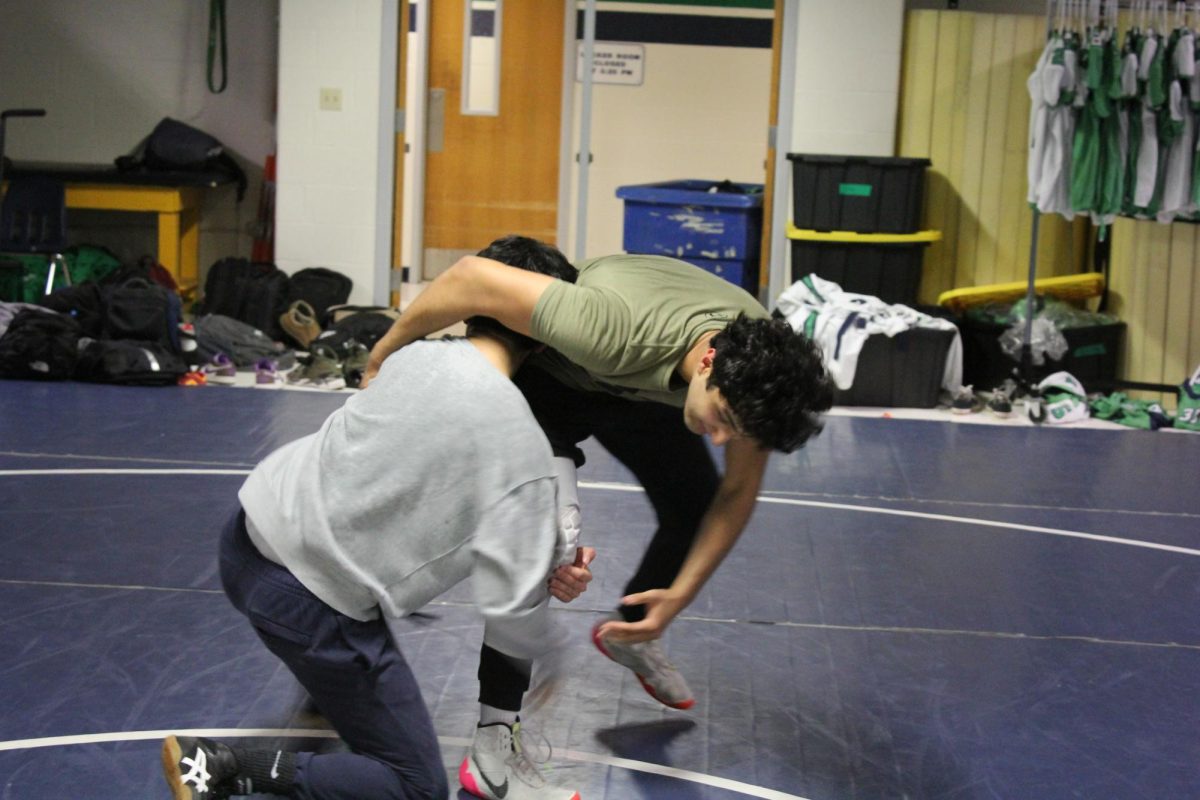
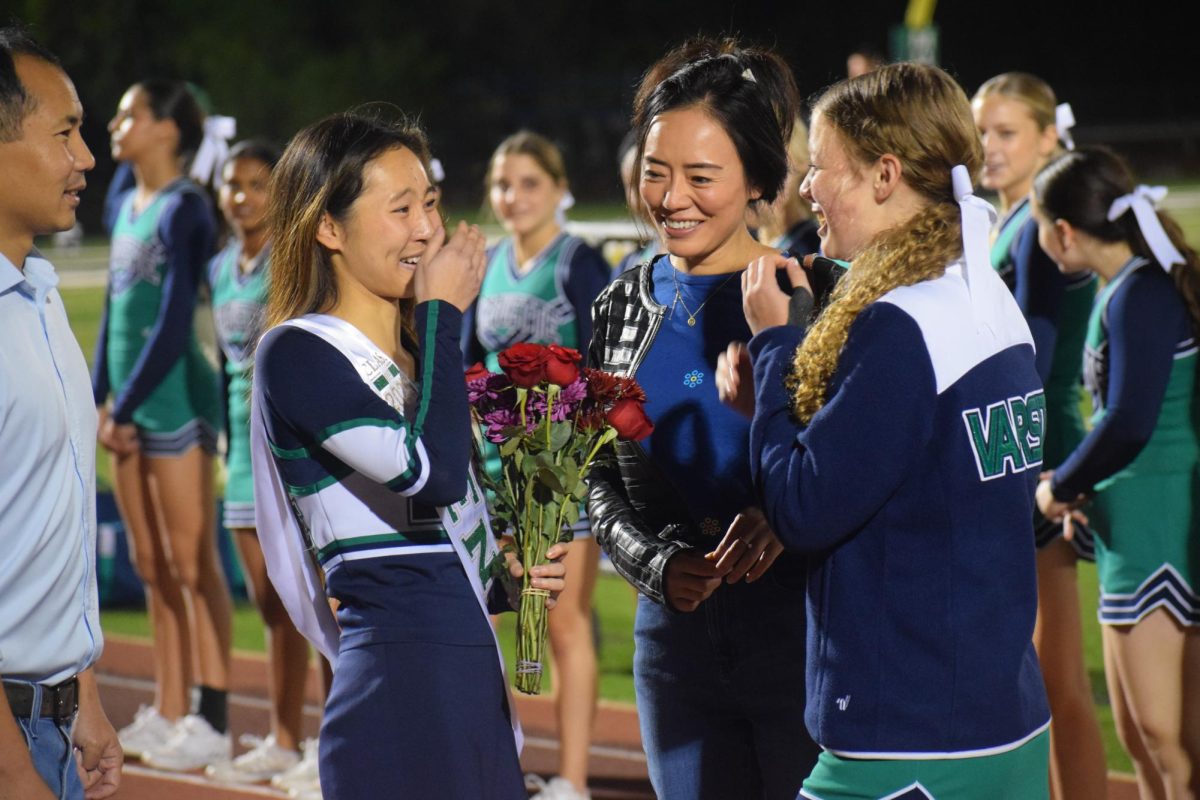


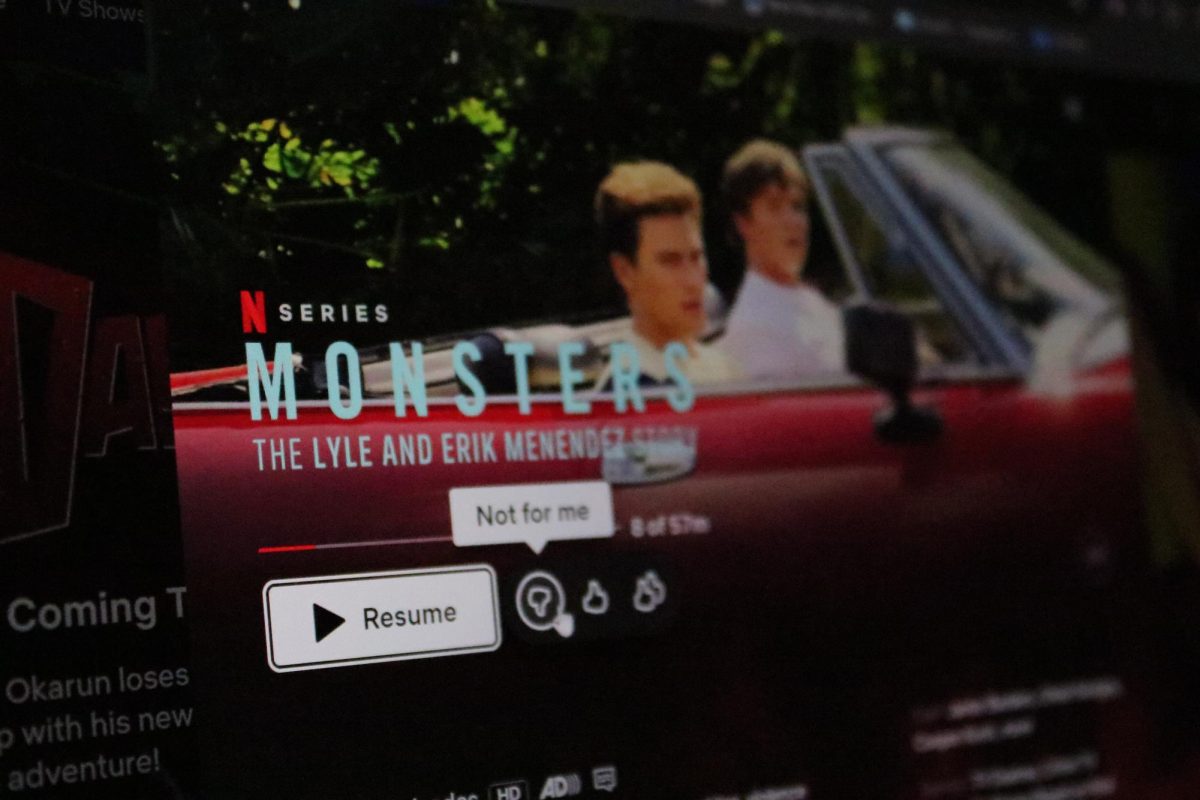
Drew Zieba • Mar 9, 2018 at 1:24 AM
Wow, what an amazing and insightful article. Extremely well written and loaded with content.